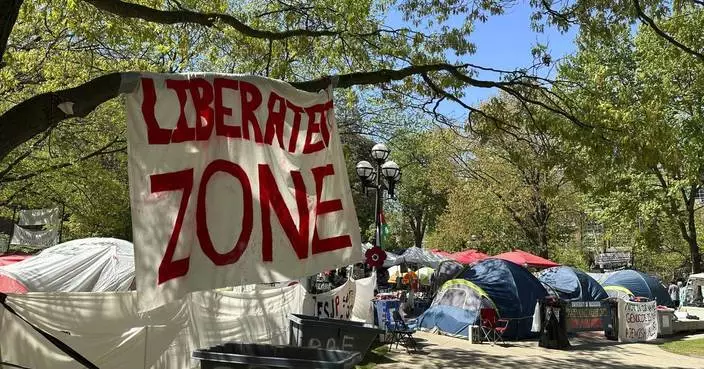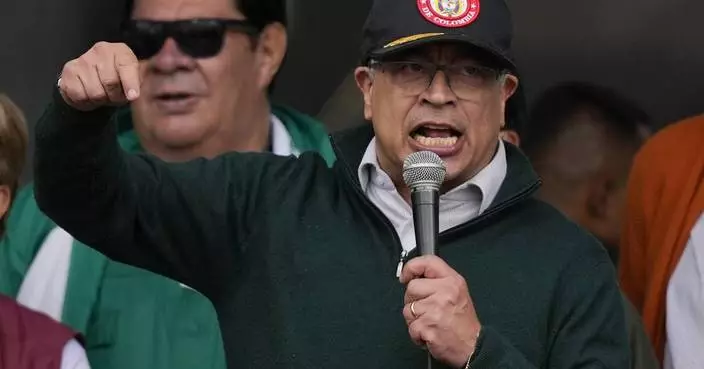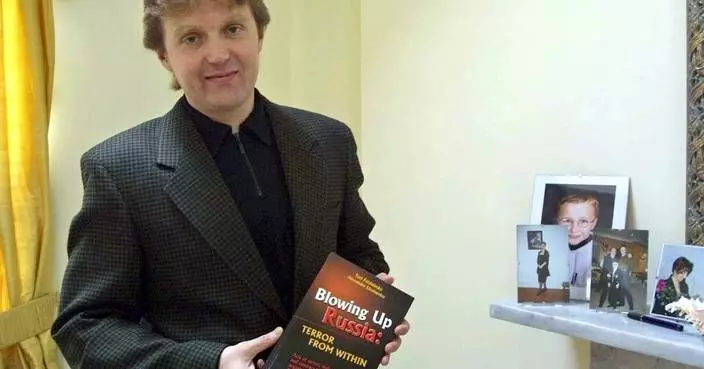Cold-blooded nurse!
A former nurse working in a hospital in Yokohama, Japan, admitted injecting disinfectant into at least 20 patients. She said she did it after work, before leaving to hope the patient's condition deteriorate and die when she was not on duty, so as to avoid a declaration of death to the patient's family and explain the "troublesome things".
Click to Gallery
Nishikawa Miba died on 18 Sept 2016. According to the official reports, his blood sample contains a high concentration of disinfectant Benzalkonium Chloride. Ayumi was believed injecting it into his intravenous bag to hope Miba die after her work.
31-year-old Kuboki Ayumi was arrested last Saturday after she was found poisoning the 88-year-old male patient Nishikawa Miba. She will be sent to the procuratorate next mother.
She said explaining the details of every patient to their family was exhausting, so she poisoned those victims who were in serious condition.
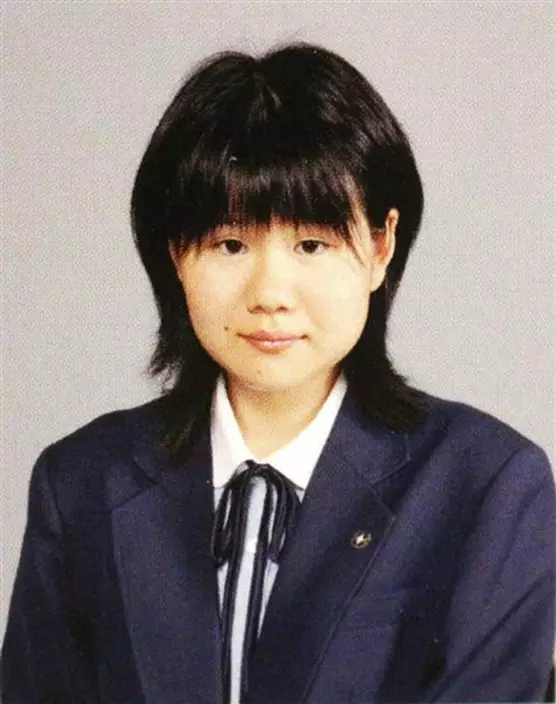
Online photo
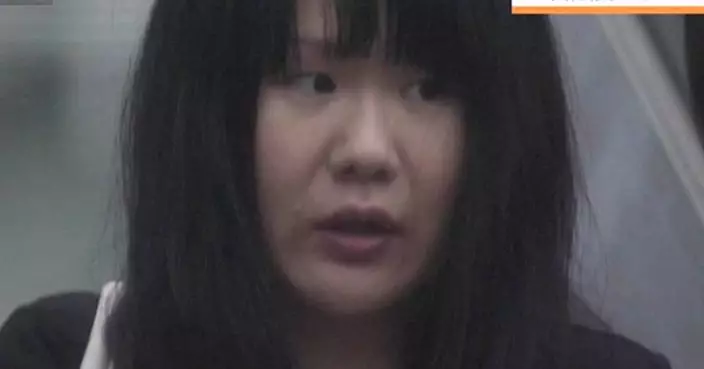
Online photo
Nishikawa Miba died on 18 Sept 2016. According to the official reports, his blood sample contains a high concentration of disinfectant Benzalkonium Chloride. Ayumi was believed injecting it into his intravenous bag to hope Miba die after her work.
When investigating the case of Miba, the police has found that the other three patients were suspicious of the cause of death and found traces of disinfectant in their bodies. Ayumi admitted to killing Nishikawa as well as 20 patients by adding disinfectant to their drips for two consecutive months since July 2016.
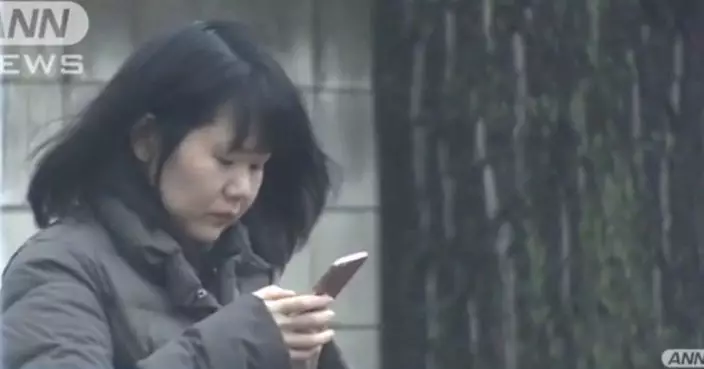
Online photo
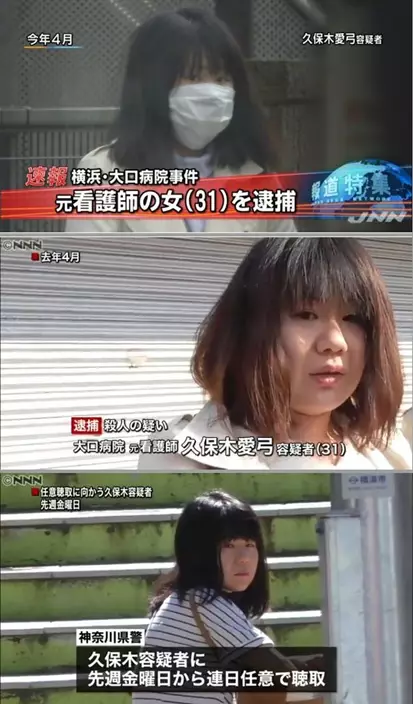
Online photo
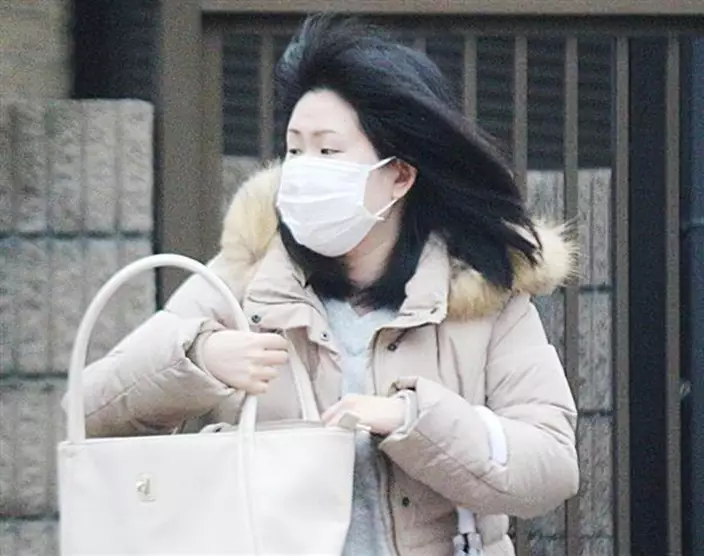
Online photo
Ayumi had denied guilty until being arrested. She insisted she felt shocked about it the incident and sorry for the patient's family.
During July to September 2016, a total number of 48 patients died. Only in August, there were 5 people died. The police are investigating whether other deaths are related to her.
TOKYO (AP) — Juro Kara, who helped shape Japan’s postwar avant-garde theater, defiantly yet playfully transforming the essence of Kabuki aesthetics into modern storytelling, has died. He was 84.
The playwright, director and troupe leader died late Saturday from a blood clot in the brain after he collapsed at home and was rushed to a Tokyo hospital on May 1, his theater group Karagumi said in a statement on Sunday.
Kara, whose real name was Yoshihide Otsuru, rose to stardom in the so-called Japanese underground movement of the 1960s known as “un-gura,” characterized by a kitsch rebellious style also found in his contemporaries Shuji Terayama and Tadashi Suzuki.
Kara’s colorful shows, often in makeshift tents evocative of a traveling circus, rejected the established theatrical modes then dominating modernizing Japan that were mostly Western, middle class and well-behaved.
His plays, such as "Koshimaki Osen,” were characterized by a raw energetic physicality, blatantly devoid of any pretense at naturalism.
Kara once compared his approach to “a womb covered in blood.” His theater came to be known as “the red tent." A wandering group would put on his shows wherever the tents went up, most famously in a spot near a shrine in Shinjuku in downtown Tokyo.
Audiences found themselves immersed in otherworldly, dreamlike settings. The flashy posters that artist Tadanori Yokoo often created for Kara’s works exemplified that signature pop surrealist style.
Kara’s group is still active today, performing shows that carry on his legacy. His theater also served as a breeding ground for some of Japan’s top actors, including Kaoru Kobayashi and the late Jinpachi Nezu.
Born in Tokyo, Kara majored in theater at Meiji University in Tokyo, which boasts an extensive archive of Kara’s works.
In 1983, Kara won the prestigious Akutagawa Award for new writers for his novel “Letters from Sagawa.” He also acted in various films, often in bit character roles, including “Demon Pond,” directed by Masahiro Shinoda.
Funeral arrangements weren't set but will be for family and friends, Karagumi said. Kara is survived by his wife Michiko, sons Gitan Otsuru and Sasuke Otsuru, and daughter Minion Otsuru, all actors.
Yuri Kageyama is on X: https://twitter.com/yurikageyama
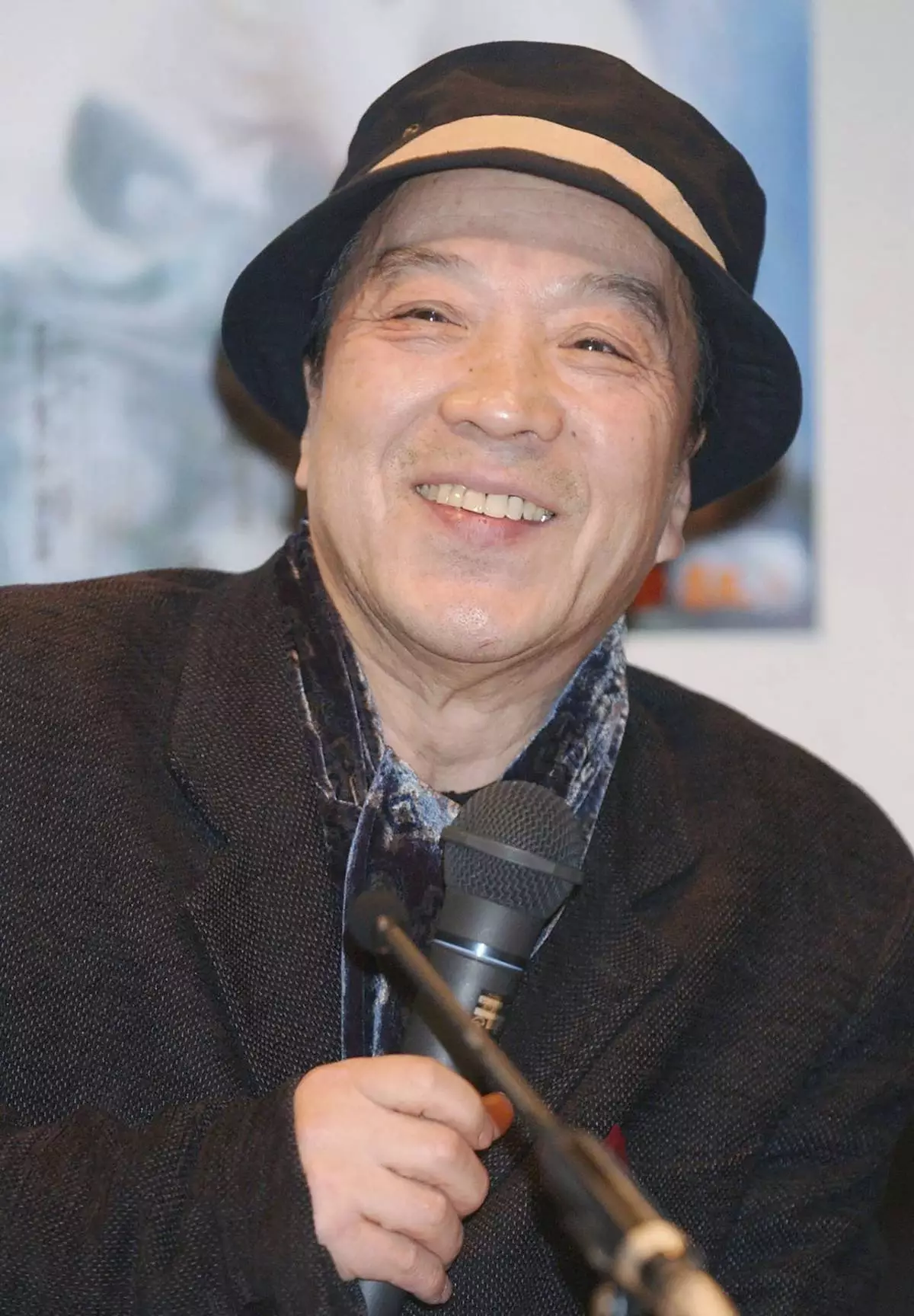
Juro Kara speaks during a press conference in Osaka, western Japan in March, 2005 after he was appointed as a guest professor at a university. The playwright, director and troupe leader died late Saturday from a blood clot in the brain after he collapsed at home and was rushed to a Tokyo hospital on May 1, his theater group Karagumi said in a statement on Sunday, May 5, 2024. He was 84. (Kyodo News via AP)
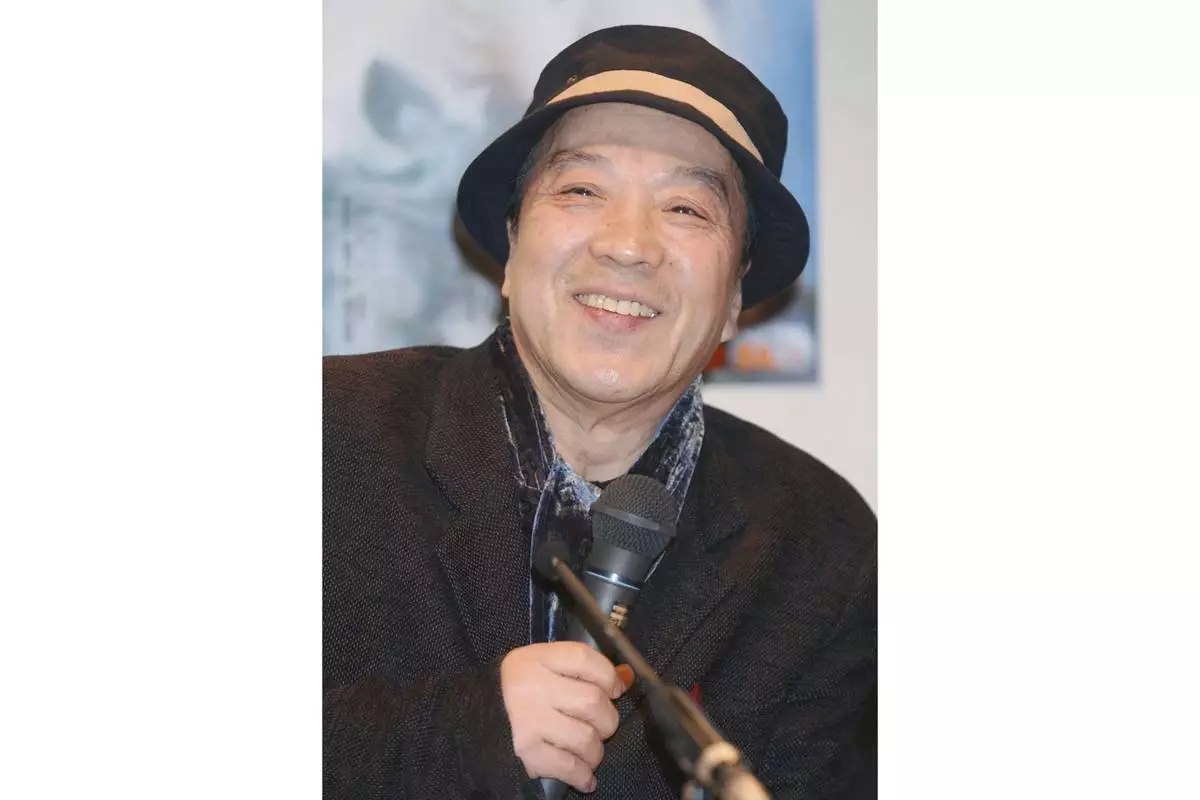
Juro Kara speaks during a press conference in Osaka, western Japan in March, 2005 after he was appointed as a guest professor at a university. The playwright, director and troupe leader died late Saturday from a blood clot in the brain after he collapsed at home and was rushed to a Tokyo hospital on May 1, his theater group Karagumi said in a statement on Sunday, May 5, 2024. He was 84. (Kyodo News via AP)














